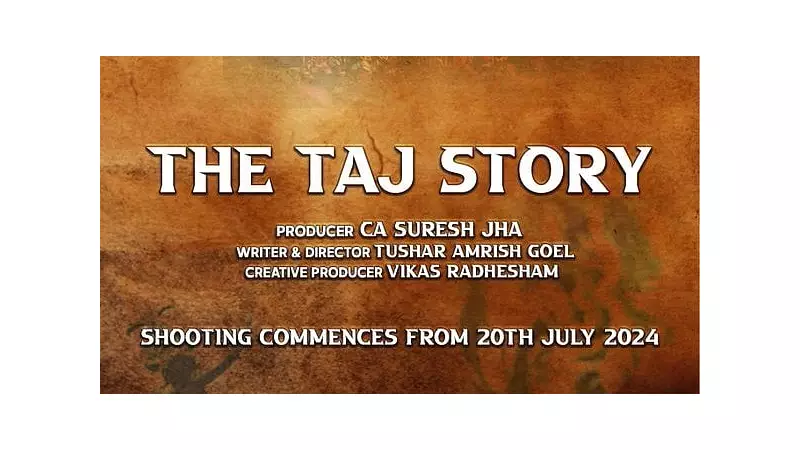
A significant political storm is brewing in Uttar Pradesh as a prominent BJP leader has launched a fierce campaign against an upcoming film about one of India's most iconic monuments.
Dr. Shailendra Singh, a senior BJP functionary from Uttar Pradesh, has formally demanded an immediate ban on the film 'The Taj Story', making startling claims that the movie's narrative is directly based on his petition currently pending before the Allahabad High Court.
The Legal Connection
In his formal complaint, Dr. Singh asserts that the filmmakers have drawn substantial inspiration from his court petition that challenges the conventional historical narrative surrounding the Taj Mahal's origins and significance. The BJP leader maintains that using his legal arguments as cinematic material without permission constitutes intellectual property violation.
'I filed this petition to present historical facts before the court, not for commercial exploitation by filmmakers,' Dr. Singh stated in his official communication.
Political Ramifications
The controversy emerges at a sensitive time when historical narratives and their representation in popular media have become increasingly politicized. The BJP leader's move highlights the growing intersection between legal processes, historical interpretation, and cultural expression in contemporary India.
Dr. Singh has not only demanded the immediate prohibition of the film's release but has also called for legal action against the production team for allegedly appropriating content from his court submission.
Broader Implications
This development raises crucial questions about the boundaries between legal proceedings and creative expression. The film industry frequently draws from real-life events and legal cases, but this instance represents a unique challenge where a political figure is claiming ownership over historical arguments presented in court.
The controversy also touches upon the ongoing debates about historical narratives surrounding medieval monuments and their contemporary political interpretations.
As the situation develops, all eyes are on the Allahabad High Court and the Central Board of Film Certification to see how they navigate this complex intersection of law, politics, and cinema.





